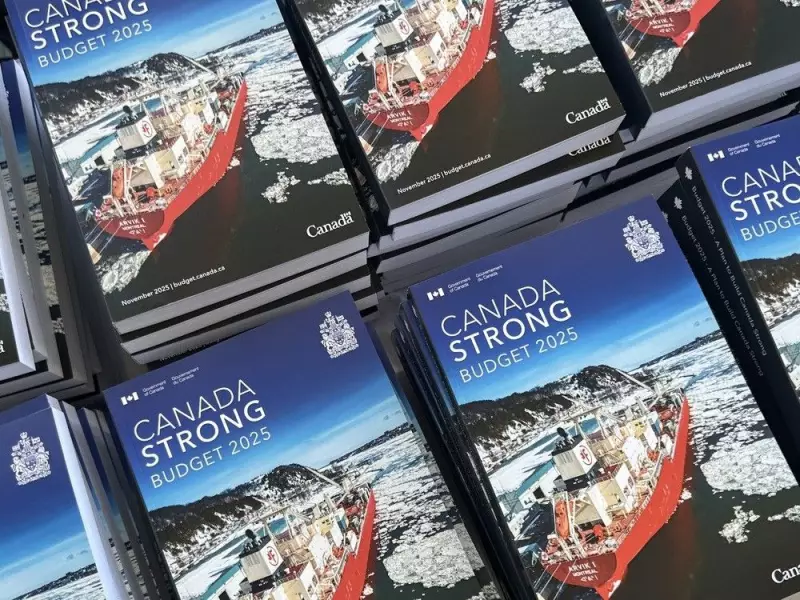
The federal government is sending signals that it might be willing to scale back its proposed cap on oil and gas emissions, but industry observers and environmental groups are questioning whether this represents genuine compromise or political positioning.
The Evolving Position
Recent statements from government officials indicate a new flexibility in their approach to capping emissions from Canada's petroleum sector. While the commitment to reducing greenhouse gases remains, the methods and timeline appear to be open for discussion.
This potential shift comes amid intense lobbying from industry leaders who argue that strict emission caps could cripple Canada's competitive position and economic stability. The energy sector has maintained that current technologies and market conditions make some proposals unrealistic.
Behind the Scenes Negotiations
Multiple sources confirm that behind-closed-doors discussions have intensified in recent weeks. The government appears to be seeking a middle ground that satisfies both environmental targets and economic concerns.
"What we're seeing is the classic Canadian compromise in action," noted one policy analyst familiar with the talks. "The government wants to show climate leadership while avoiding catastrophic economic consequences."
Stakeholder Reactions
Environmental organizations express cautious concern about any potential weakening of emission targets. They emphasize that Canada's international climate commitments require substantial action on oil and gas emissions, which represent a significant portion of the country's total greenhouse gas output.
Meanwhile, industry representatives welcome the apparent flexibility but remain skeptical about the details. Many are calling for investment in technology solutions rather than strict production limits.
The Political Calculus
This development occurs against a complex political backdrop. The government faces pressure from multiple fronts:
- International climate commitments and domestic environmental expectations
- Economic concerns in energy-producing provinces
- Global energy market volatility
- Upcoming political challenges
The coming weeks will reveal whether this flexibility represents a meaningful policy adjustment or strategic positioning. What remains clear is that finding the right balance between environmental responsibility and economic reality continues to challenge Canadian policymakers.
As one veteran political observer noted, "The real test will be whether any compromise actually achieves emission reductions while maintaining economic stability." All eyes remain on Ottawa as this critical policy continues to evolve.





